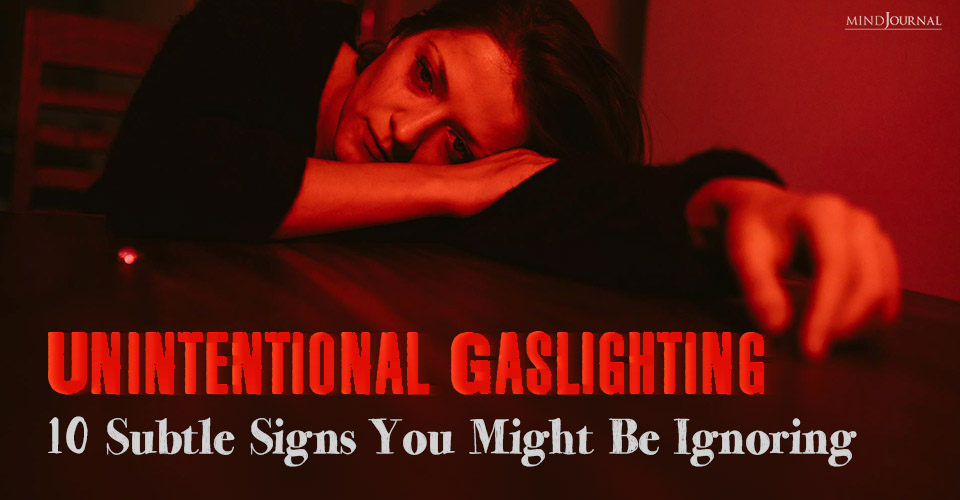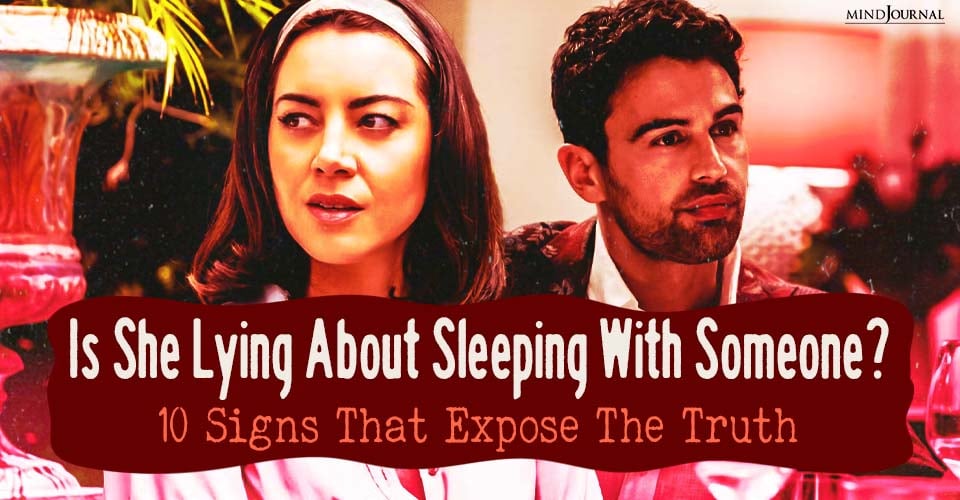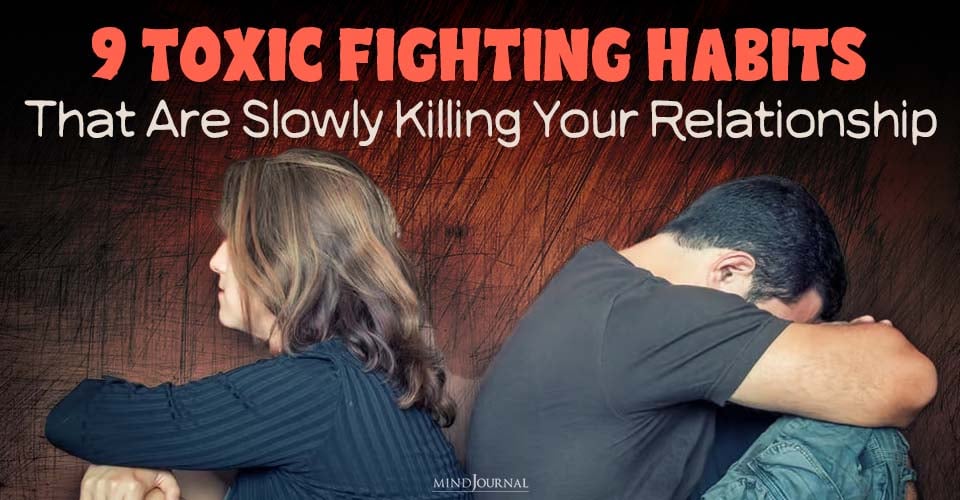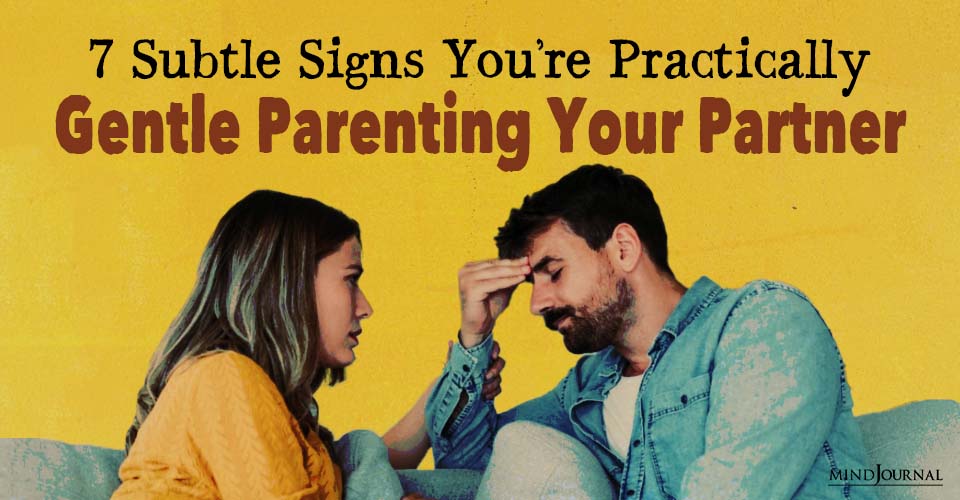Unintentional gaslighting is a term you might not have come across, but it happens way more often than people realize. It’s when someone makes you doubt your own reality or feelings, but without meaning to cause harm.
When we think of gaslighting, we usually picture someone being manipulative on purpose, but in this case, it’s often a misunderstanding or even an attempt to help. There might not be any bad intentions behind their actions, but it can still mess with your emotions.
So, what is unintentional gaslighting exactly, how can you spot it, and does it count as abuse? Let’s dig deeper, shall we?
Related: 4 Levels of Gaslighting: From Unconscious to Malicious
What Is Unintentional Gaslighting?
At its core, gaslighting is about making someone question their own perceptions or sanity. Normally, it’s done with the intent to control or manipulate.
Unintentional gaslighting, however, happens when someone causes another person to doubt themselves but without realizing they’re doing it.
It can come from someone who genuinely thinks they’re being helpful, offering advice, or sharing their own point of view, but instead, they end up invalidating the other person’s feelings or experiences.
This form of gaslighting typically shows up in close relationships—between friends, partners, or family members. You might hear things like, “Oh, you’re just overthinking it” or “That’s not what happened.”
The person isn’t necessarily trying to be mean; they might even believe they’re helping. But the impact is the same: you start doubting yourself, and that can take a toll on your emotional well-being.
Okay! Now that we have understood what is unintentional gaslighting, let’s talk about the signs of unintentional gaslighting in relationships.
8 Signs of Unintentional Gaslighting
1. They tend to undermine your emotions.
Have you ever opened up to someone about how you are feeling and they have responded with “You are overreacting, it’s really not that serious!”? That’s what minimizing emotions looks like.
They might think they’re helping you calm down, but instead, they’re making you doubt whether your feelings are valid.
Even if they don’t mean any harm, it can leave you questioning whether you’re being “too sensitive” or if your emotions really matter. Over time, unintentional gaslighting in relationships can seriously mess with how you see your own feelings.

2. They deny any promises they have made in the past.
Picture this: someone promised to help you out, and then when the time comes, they say, “I never agreed to that.” Confusing, right? You know they said yes, but now you’re stuck wondering if you imagined it.
This kind of situation can leave you second-guessing yourself and your memory. While the person might genuinely forget, it still feels like gaslighting because you’re left doubting yourself and feeling like you can’t rely on them.
3. They only remember “certain things”.
One of the biggest signs of unintentional gaslighting is this. Have you ever noticed how someone only remembers the parts of a conversation that make them look good or encourages their narrative? That’s selective recall.
They might conveniently forget details that don’t support their side of the story. For example, during a disagreement, they’ll remember all the things you said that upset them, but forget what they said that hurt you.
It’s not always intentional, but it leaves you feeling like you have to defend what really happened, making you question your own memory.
4. They trivialize your concerns.
Suppose you bring up something that’s been bothering you, and they say, “That’s not a big deal” or “You’re worrying too much.” Sound familiar? What they are doing is, they are trivializing your concerns.
Even if they mean well, this response of theirs makes you feel like your problems aren’t important or that you’re being dramatic.
After a while, you might start keeping your worries to yourself, thinking they’re not worth mentioning, which isn’t healthy for you or the relationship.
Related: The Subtle Danger: How Ambient Gaslighting Affects Your Reality
5. They keep on contradicting you.
Have you ever been in a conversation where someone keeps saying, “That’s not what happened” or “I never said that”? Constant contradictions like these can feel super frustrating.
It’s not that they’re trying to lie, but their version of events always seems to clash with yours, and you end up doubting your memory. Over time, this sort of unintentional gaslighting can make you feel like you can’t trust your own thoughts or experiences.
6. They go silent and shut down.
Sometimes, silence can be just as loud as words. If someone shuts down during an argument or conversation, leaving you hanging in the awkward silence, it can feel pretty intense.
Not a surprise that this is one of the subtle signs of unintentional gaslighting in relationships.
This overpowering silence can make you feel like you’ve done something wrong, even if you haven’t. They may not realize it, but by refusing to engage, they leave you stuck in a state of confusion and self-blame, wondering if it’s all your fault.

7. They keep on confusing you.
Ever start a conversation feeling clear about something, but by the end, you’re totally confused? This happens when they keep shifting the conversation or bringing up unrelated stuff, leaving you lost and unsure of what’s going on.
It’s not always on purpose, but it creates a cycle where you’re left scratching your head, wondering what just happened.
The more this sort of unintentional gaslighting happens, the harder it is to feel grounded in your own understanding of things.
8. They deliberately withhold information.
This one’s a sneaky sign of unintentional gaslighting. Withholding information happens when someone leaves out key details or doesn’t tell you the whole story. Maybe they “forgot” to mention a change in plans or didn’t give you the full context for a decision.
Even if they’re not trying to deceive you or gaslight you, it leaves you feeling blindsided or unimportant.
Over time, it can make you feel anxious, like you’re always missing out on something important, and it slowly chips away at your trust in them.
Related: 20 TV Shows And Movies About Gaslighting, Manipulation, And Narcissism
Is Unintentional Gaslighting Abuse?
This is a tricky question. While unintentional gaslighting can have emotional consequences similar to intentional gaslighting, it’s not always considered abuse because there’s actually no malicious intent behind it.
The secret is in the intent behind the actions. Intentional gaslighting is done to control and manipulate you, while unintentional gaslighting usually comes from a place of ignorance or a lack of understanding.
That being said, just because someone doesn’t mean to cause harm doesn’t mean the impact isn’t harmful. If you feel that you’re being to unintentional gaslighting, and it’s making you feel insecure, anxious, or constantly doubting yourself, make sure you let them know.
If the bond and communication between you and your partner is open and transparent, it can help you tackle miscommunication and resolve misunderstandings.
On the other hand, if this sort of behavior continues, it could be a sign of a deeper issue that should definitely be addressed, even with a therapist, if needed.
How To Stop Unintentional Gaslighting?
- Pause before reacting: Take a moment to think before reacting to someone’s emotions or experiences.
- Validate their feelings: Instead of dismissing their emotions, say things like “I can see why you might feel that way.”
- Ask, don’t assume: If you’re wondering how to stop unintentional gaslighting, rather than assuming how someone feels, ask them directly, so that you can avoid misunderstandings.
- Acknowledge your biases: Understand that your perspective isn’t the only one and might not always be right.
- Repeat their words: Paraphrase what they said to show them that you listened to them, understood them and respect their viewpoint.
- Avoid blanket statements: Stay clear of phrases like “You always…” or “You never…”, which can shut down the other person’s reality.
- Stay open to correction: Be mature and open-minded enough to accept if someone tells you they feel misunderstood or invalidated.
- Use “I” statements: How to stop unintentional gaslighting? Speak from your perspective, e.g., “I feel…” instead of telling them how they should feel.
- Strengthen your emotional vocabulary: When you know how to identify and communicate your emotions properly, you not just help them, but also your relationship.
- Offer empathy, not solutions: Sometimes people just want to feel heard, not fixed.
Takeaway
Unintentional gaslighting in relationships might not be done with ill intent, but that doesn’t mean it’s harmless. When you are able to recognize the signs, you take the first step in dealing with it.
If you find yourself on the receiving end of these behaviors, make sure you trust your feelings and your gut instinct.
Related: How To Deal With Gaslighting? A 5-Step Gaslighting Safety Plan
It’s okay to stand up for your reality and how you feel, even if the other person doesn’t mean to invalidate it.
And if you realize you’ve been unintentionally gaslighting someone, the best thing to do is listen, try to understand their feelings, and work towards having better and more transparent communication.











Leave a Reply